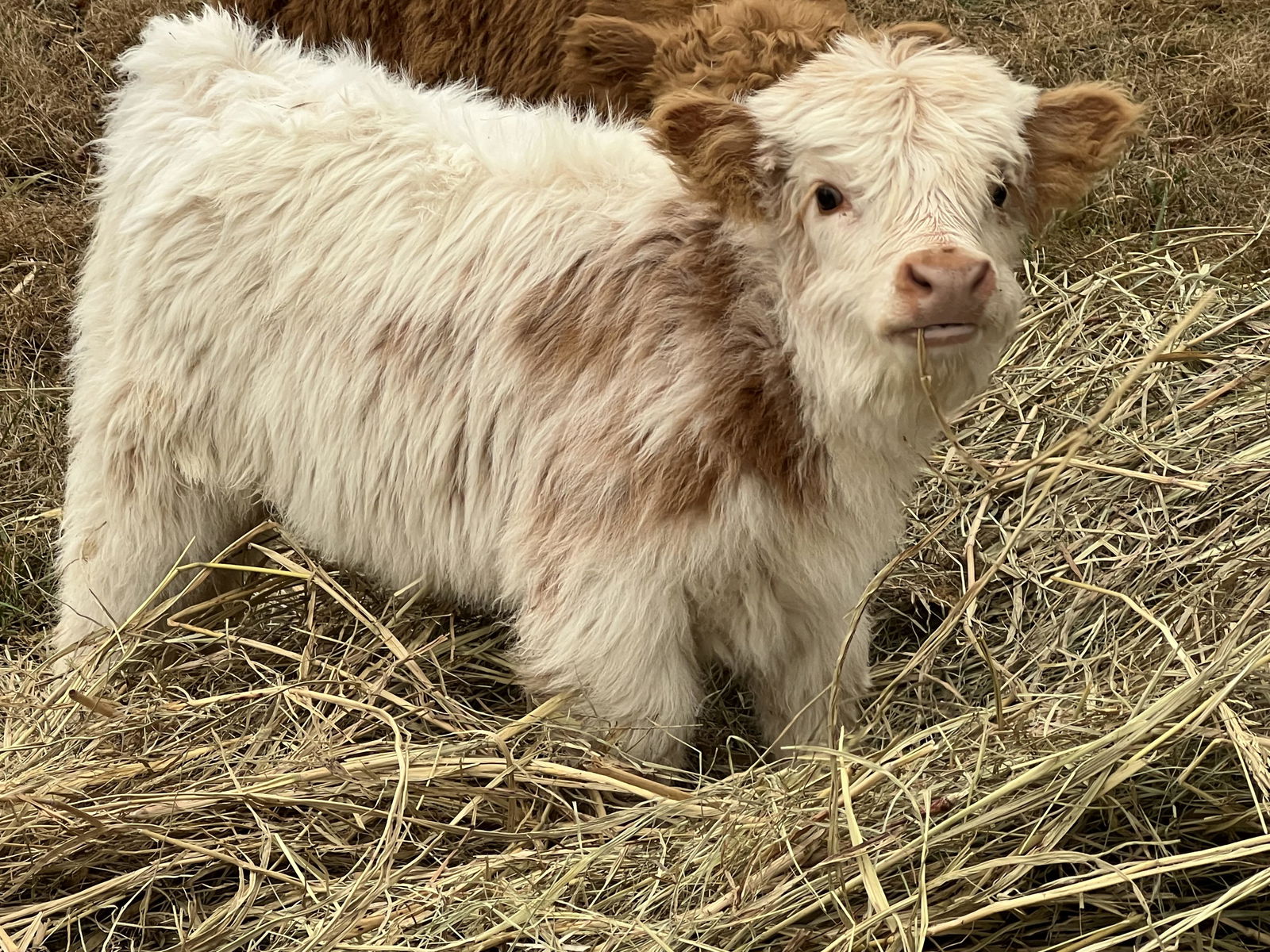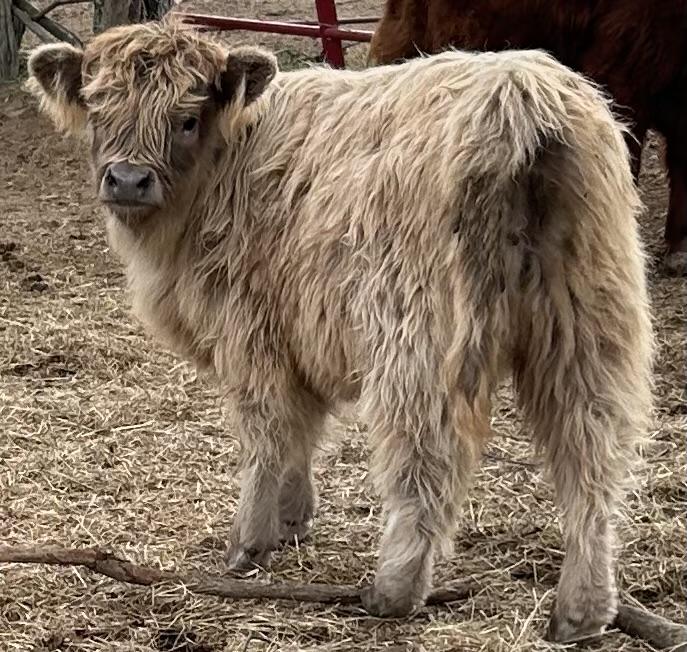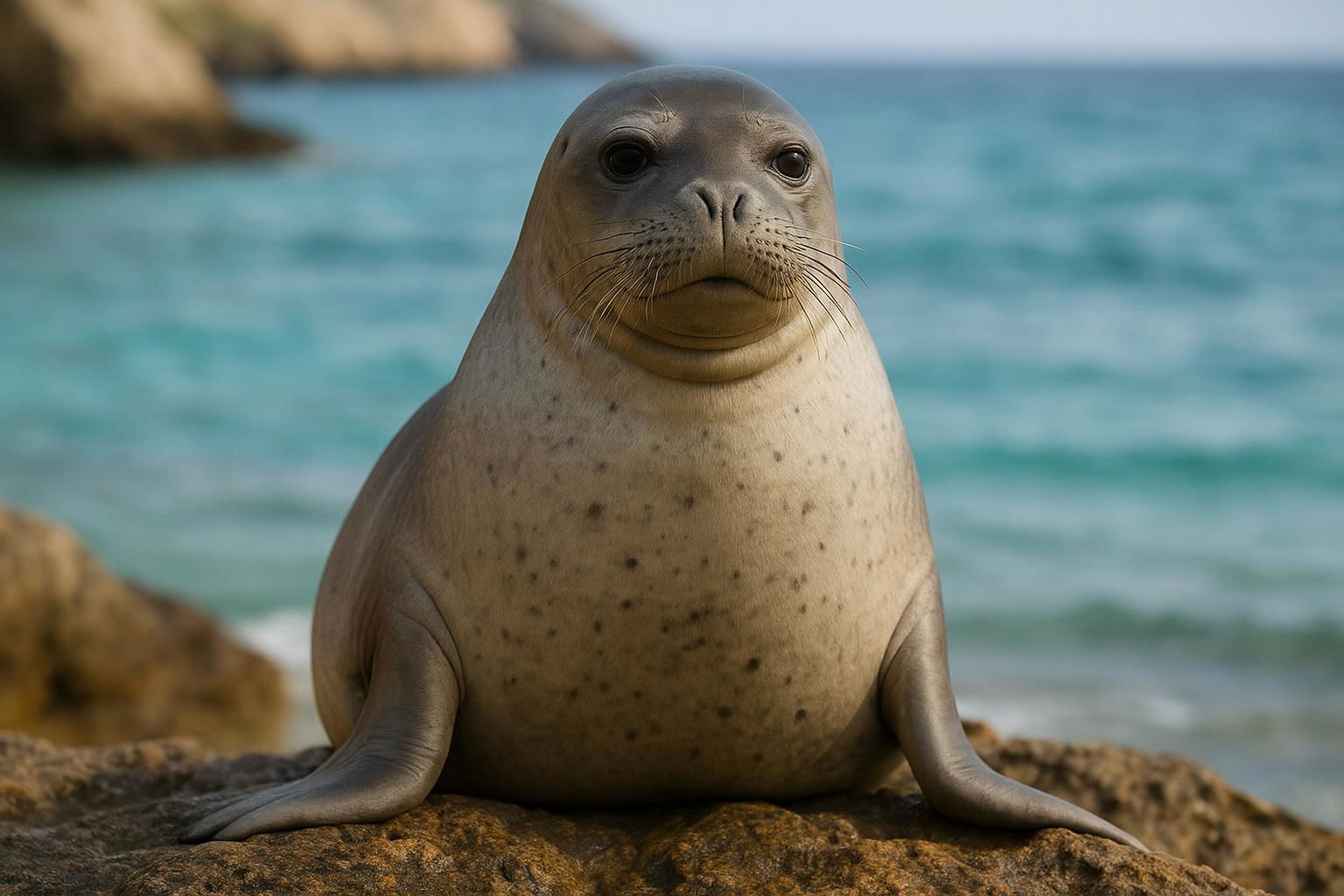
Mediterranean Monk Seal
Monachus monachus
The Mediterranean Monk Seal (Monachus monachus) is one of the world's most endangered pinnipeds, primarily found in the Mediterranean Sea and parts of the northeast Atlantic Ocean. This unique marine mammal is characterized by its sleek, torpedo-shaped body, with adults reaching lengths of about 2.4 meters and weighing between 240 and 300 kilograms. Their coats are generally dark brown or gray with lighter bellies, providing a stark contrast against their often rocky coastal habitats.
Mediterranean Monk Seals are noted for their solitary or small-group behaviors, typically preferring secluded caves and remote sandy beaches for resting, breeding, and giving birth. These seals have a birthing season from September to November, with pups being born with a distinctive black coat of woolly fur and a white patch on their belly.
They primarily feed on a diet of fish, cephalopods, and crustaceans, using their keen sense of sight and sound to hunt in often turbid waters. Despite their adaptability, the species faces numerous threats such as habitat destruction, human disturbance, entanglement in fishing gear, and environmental changes, leading to their critically endangered status. Conservation efforts are actively underway to protect remaining populations and their habitats, aiming to ensure the survival of this remarkable marine species.

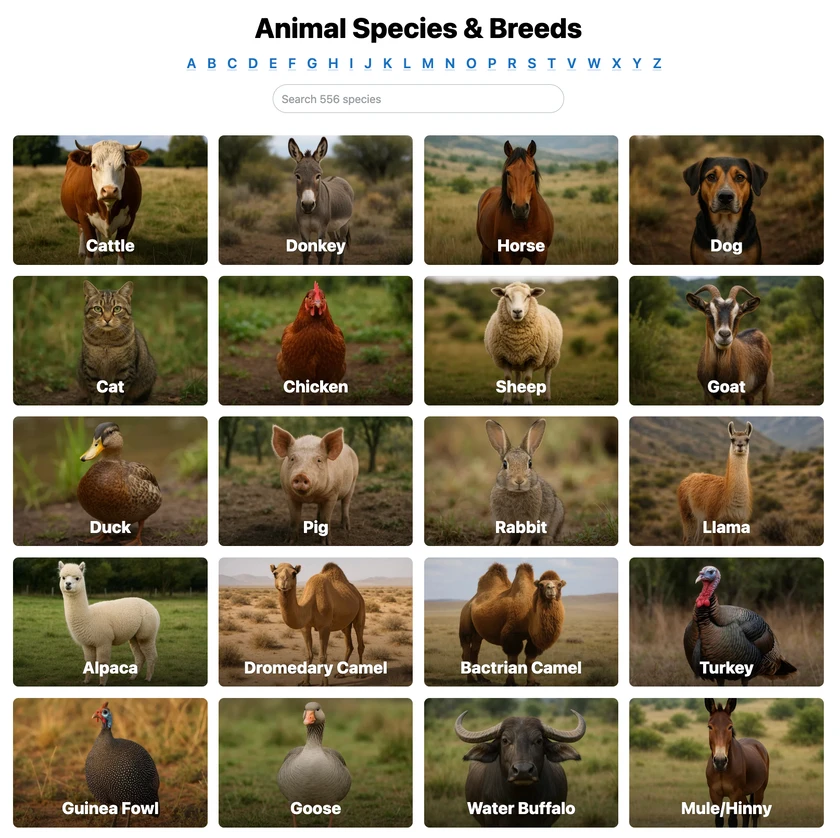 All Species & Breeds
All Species & Breeds
 Highland Cattle
Highland Cattle
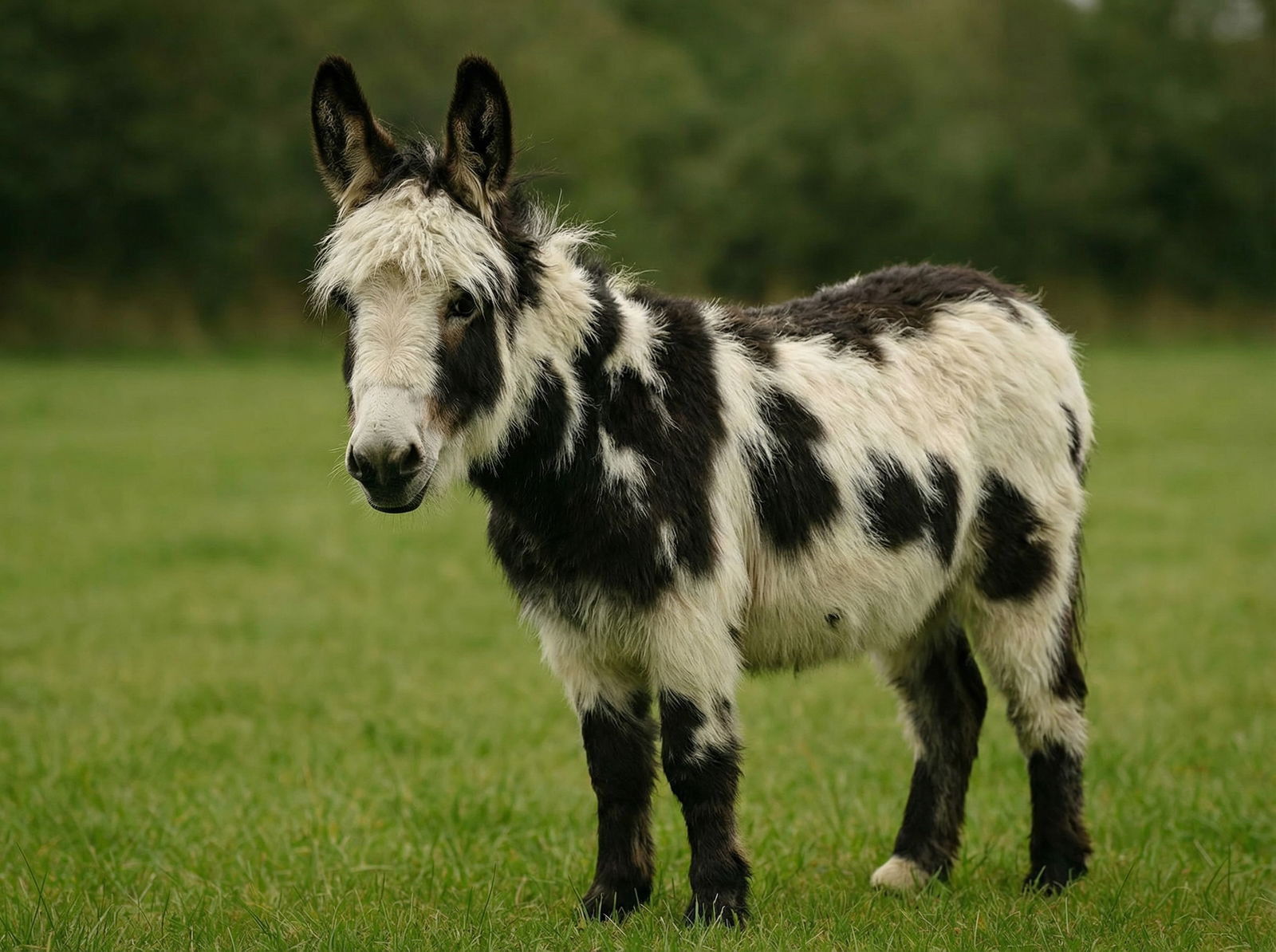 Miniature Donkeys
Miniature Donkeys
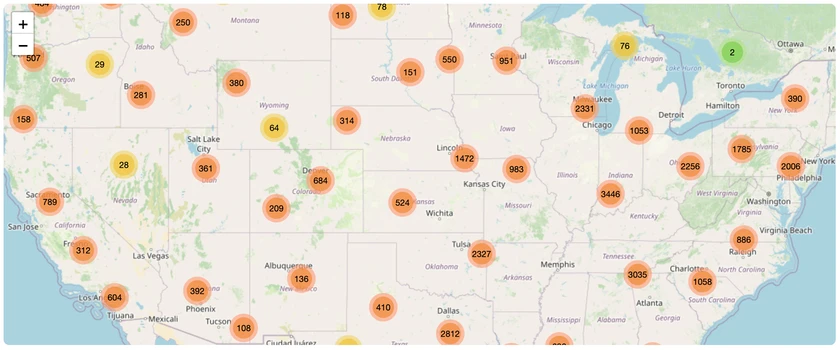 All Species Directory
All Species Directory
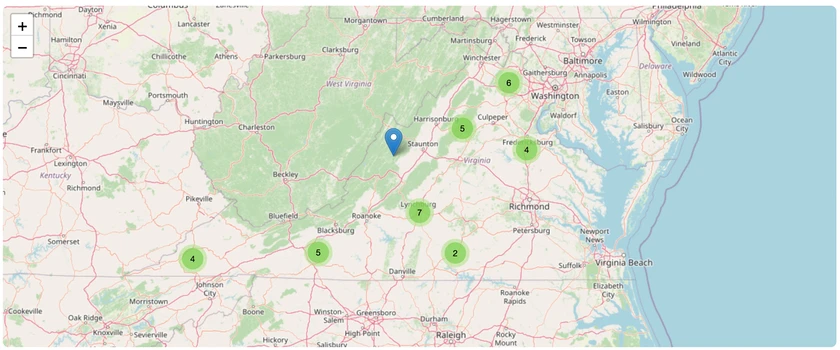 Highland Cattle in Virginia
Highland Cattle in Virginia
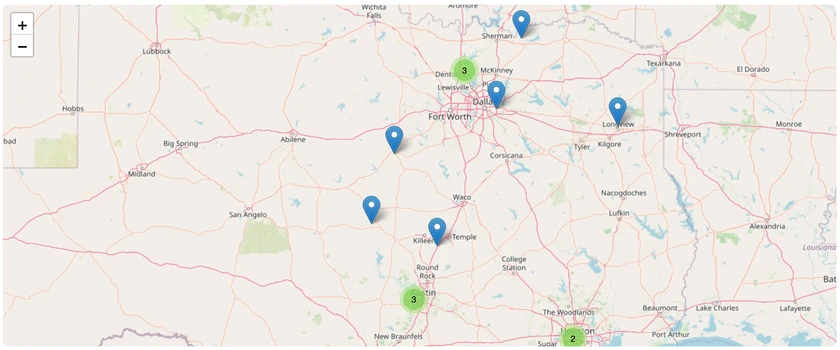 Miniature Donkeys in Texas
Miniature Donkeys in Texas
